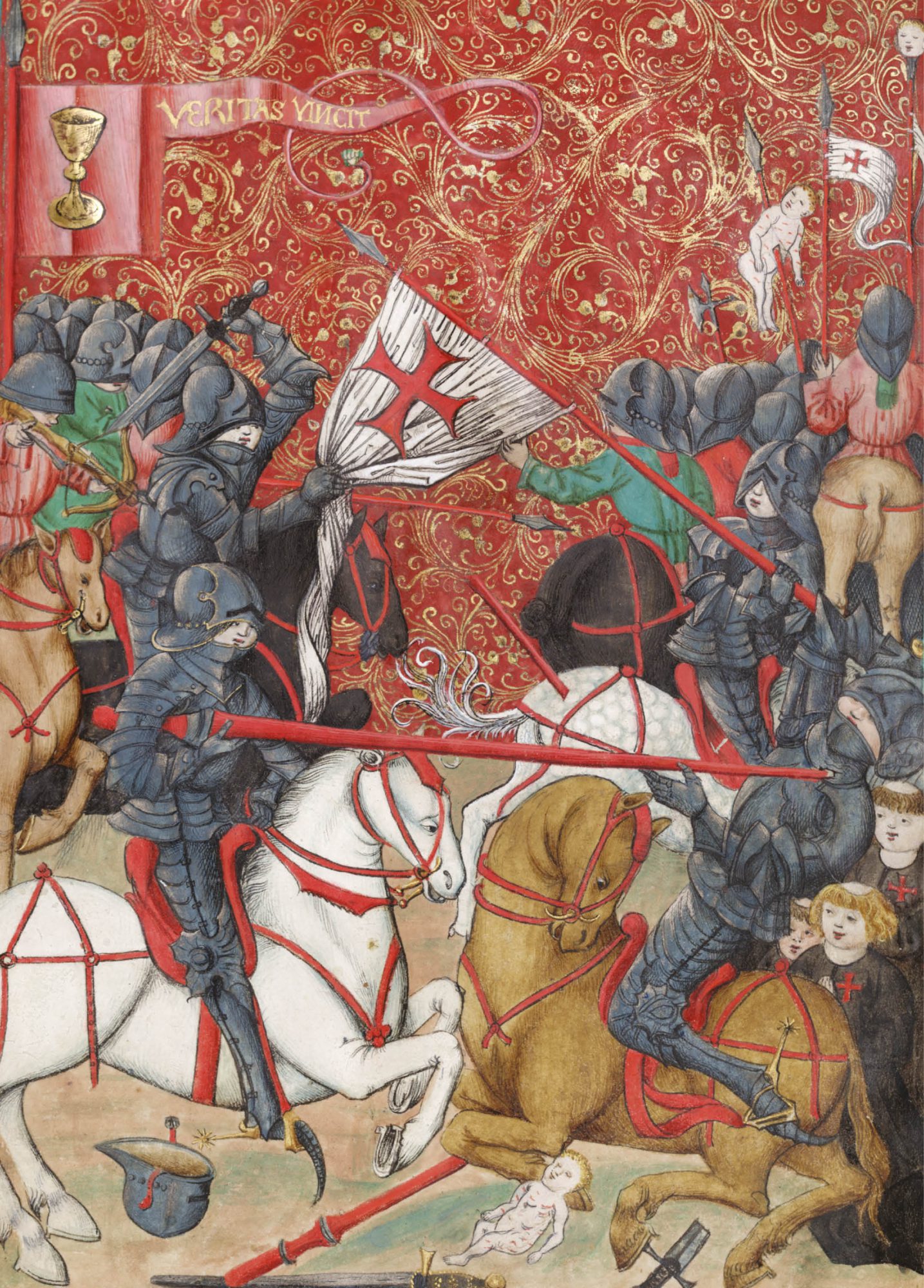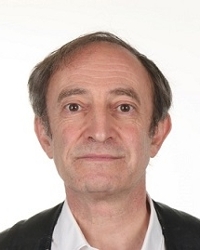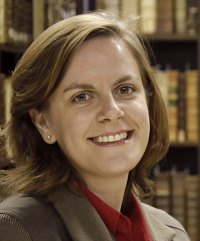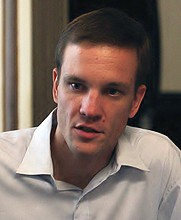The Fourteenth Annual REFORC Conference will take place May 22 – May 24, 2025, hosted by Central European University in Vienna.

The potential for rebellion has been inherent in Christianity from the beginning, if rebellion is not merely understood as violent uprising. Rebellion also means the creation of alternative communities in opposition to the prevailing power structures. This, after all, is how the Christian church came into being. Throughout history, Christian communities and movements actualized this rebellious potential, not only in the time of the Reformation. However, in the medieval period and beyond, the church itself constituted a dominant power, in cooperation or in conflict with secular authorities. 500 years ago, when the Peasant Wars broke out in the South German lands and elsewhere, its participants had manifest economic and legal interests but also desired a renewed communal Christianity. Similar movements occurred in many towns and cities. A century earlier, the Bohemian Hussite reformers rebelled with comparable goals in mind, and many more examples could be named.
In its early days, the German Reformation presented itself as a colorful diversity of ecclesiological visions. Even Martin Luther’s closest followers in Wittenberg drafted the design of a “Christian City,” though Luther himself soon became a fierce opponent of such projects, including the revolutionary endeavors of his chief opponent Thomas Müntzer. Soon after, the Anabaptists fought for new conceptions of community, sometimes peacefully, sometimes with the sword, and later still the English “Puritan Revolution” opened a wide spectrum of alternative Christian community projects, ranging from armed revolt to uncompromising pacificism. In the meantime, generations of Renaissance innovators responded to the contentious religio-political landscape with utopian efforts to re-harmonize Christendom according to new findings in science or philosophy. Ultimately, the more radical designs were hardly able to prevail anywhere, although certain visions endured, and some groups managed to establish themselves in transatlantic exile and persist to this day. However, the political failure of rebellion does not make it irrelevant. Quite to the contrary. The current crisis of the established churches also means an opportunity to remember the rebellious resources of Christian theology as well as the history of alternative communal practice.
The organizers of the conference invite papers and panel proposals on the topic of Religion and Rebellion as understood in this broad sense. The focus hereby is on European Christianity in the late medieval and early modern times. However, contributions dealing with other periods or providing comparative perspectives on other religions are also welcome. Given that the religious rebellions came with new forms of propaganda, such as broadsheets, illustrated print publications, and campaign songs, we also invite contributions on the visual and musical dimension of religious rebellion. Furthermore, we invite contributions on the representation of late medieval and early modern religious rebellions in modern historiography, political identity discourses, and any forms of public display (memorials, exhibitions, museums, films etc.).
The conference is open to individual short paper presentations and to thematic sessions of two or three short papers. Presentations will last 20 minutes and are followed by 10 minutes for questions and answers. In addition to the more specific topic mentioned above, the conference is open to proposals focusing on other topics or disciplines related to Early Modern Christianity, ca. 1400-1700, such as philosophy, law, history, theology, etc., independent of the theme of the plenary papers.
In case of a thematic session (panel) all panelists must register separately, indicating the panel in the registration form.
It is also possible to attend the conference without giving a paper. In that case, you can register for the conference via the registration form, indicating that you do not want to submit a short paper proposal.
The call for papers is closed, as well as registration.
Preferred language for papers is English, but papers in French and German are also welcome. Presenters who prefer to give their paper in French or German are invited to provide the audience with an English summary of about 150-200 words.
The conference volume will be published by Vandenhoeck & Ruprecht in the series Refo500 Academic Studies (R5AS) and will contain plenary papers and a selection of short papers. Another publication venue is the Journal of Early Modern Christianity (JEMC).
Manuscripts for the conference volume can be submitted to the editors (to be announced). All other manuscripts can be submitted to editor-in-chief of the JEMC, Wim François.
Editors will decide on publication.
Matthias Riedl, Central European University, Vienna
Martin Pjecha, Central European University, Vienna


Visual: Hussite Wars (detail), © National Museum, Czech Republic
Central European University
Quellenstrasse 51
A-1100 Vienna
Austria
During the conference, the registration desk will be open May 22 from 12:00-19:15 and May 23 from 09:00-18:00.
REFORC Institutional/Individual Member: € 105,00.
Non-REFORC Member or REFORC Societal Member: € 180,00.
Student, REFORC Institutional/Individual Member: € 85,00.
Student, Non-REFORC Member or REFORC Societal Member: € 145,00.
Spouse/partner: € 90,00.
Your registration will become effective on receipt of your payment. If your payment has not reached us, we cannot include your paper in the programme and/or add your name to the list of participants. Payment deadlines:
Short Paper Proposal Submission: March 1, 2025.
Registration: May 16, 2025.
CEU is wheelchair accessible.
CEU premises can be accessed only with a visitor card. This will be assigned to you together with your registration material at the registration desk upon arrival. The card should be returned at the reception desk in the designated box at the end of the conference.
Each conference room is equipped with a smartscreen, laptop, and WiFi. For logistical reasons and to facilitate a smooth transition of speakers, please send any Powerpoint presentations or other materials you wish to project by 20 May 2025 to reforc2025@reforc.com.
European emergency number: 112
Ambulance service: 144
GP Out-of-hours service: 141
Police: 133
Fire Brigade: 122
+43 1 25230 7111
Quellen-Apotheke
Quellenstraße 45
Phone: +43 1 604 32 24
Option 1: The bus that stops in front of the Terminal when you are leaving the building on your left, leaves the 15th minute of every hour, to the main railway station Hauptbahnhof, it costs 10,5 EUR and takes 25 minutes. (You can find the schedule here.)
Option 2: Trains are leaving from platform 1 or 2, tickets can be purchased from vendor machines.
Take the regular train to Hauptbahnhof, that is the Vienna Central/Main Station. Please be careful NOT to take the train to the city center marked CAT. The regular train commutes frequently and it is really affordable.
Getting to CEU from the Hauptbahnhof/Vienna Central Train station:
Option 1. Take tram D (in the direction of Absberggasse), ride 3 stops, until the end station.
Option 2. Walk 500 meters.
Option 3. Take tram line 0 from Südtiroler Platz/Hauptbahnhof (in direction of Raxstraße), ride 3 stops to Quellenplatz, then change to line 6 or 11 (in direction of Geiereckstraße or Kaiserebersdorf respectively), ride 3 stops until Schrankenberggasse.
Parking in Vienna requires downloading an app or buying vouchers in a nearby tobacco store. The CEU building in Quellenstraße 51 is located in a short-term parking zone. Regulations in English here: Parking in Vienna – short-term parking zones and garages (wien.gv.at)
The easiest solution may be park and ride: Park & Ride, garage parking – vienna.info (wien.info)
Publishers have the opportunity to present themselves during the conference at the book fair or via an insert in the conference folder. For more information, you may contact info@reforc.com.
A variety of restaurants and fast food options (including vegan and vegetarian options) can be found at nearby Reumann Platz, 2 tram stops or 10 minutes walking from CEU.
Refunds will be made for written cancellations received before March 1, 2025 less a € 30.00 processing fee. After March 1, 2025, no refunds will be made.
For questions concerning the registration procedure, payment, or other practical matters, please contact us via info@reforc.com. For all other questions you may contact reforc2025@reforc.com.
The visit to the Academy of Fine Arts (Akademie der Bildenden Kunste), Schillerplatz 3, 1010 Vienna will take place on Saturday afternoon (May 24). Topic of the guided tour is Hieronymus Bosch’s “Last Judgement” and other Religious Paintings.



Professor of Early Modern Religious History at the Katholieke Universiteit Leuven (Faculty of Arts)
